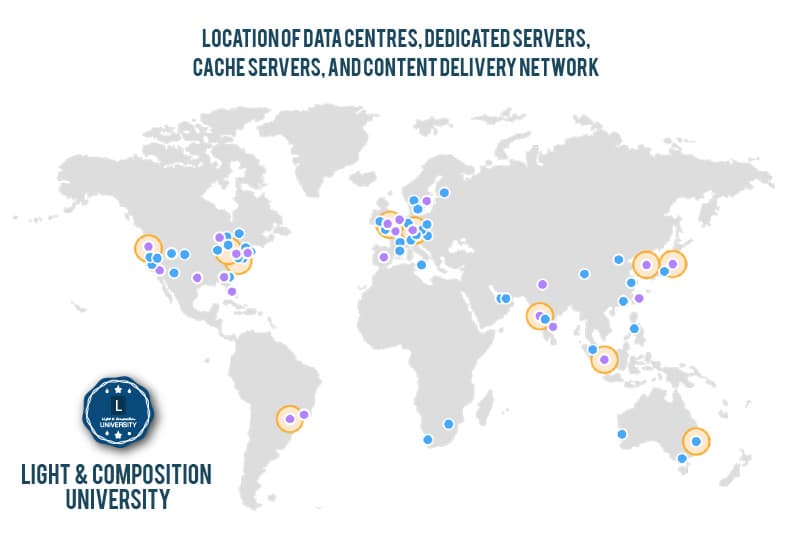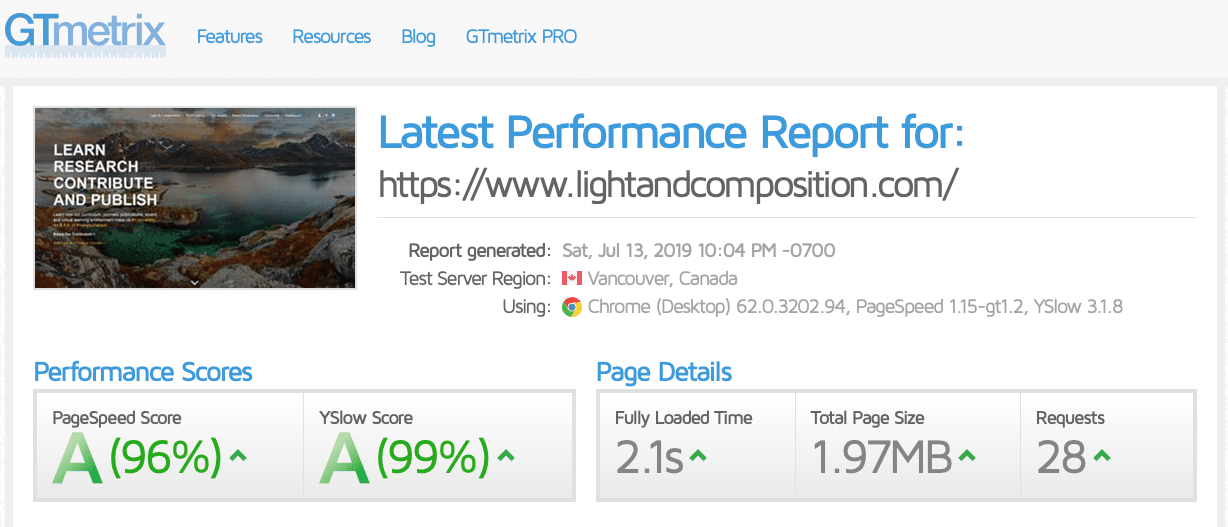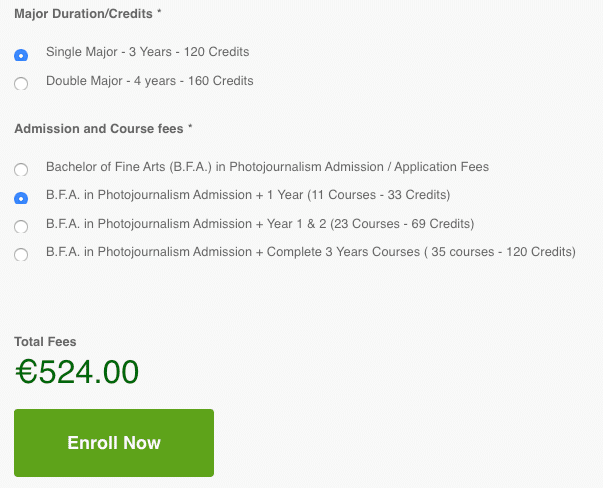Welcome to Light & Composition University. As you may have already read, Light & Composition University is an online university. Yes, we are the first complete university, based truly online. What does it mean? It means, our core members work from around the world 24/7. Most of our team members are avid travellers. We work while we travel.
This is the university, this very website now you are browsing with every feature that a university needs to have. From academic advising, courses, lessons, assignments, quizzes, grading for diplomas, majors, post-graduations, to publishing research works as well as carrying out scholarly literature reviews with identifying, examining, and evaluating existing data, finalising thesis, writing and structuring dissertation, and defending one’s Doctor of Philosophy (PhD) at a one-to-one Viva Voce, we have everything in one place; some that many universities only dream to achieve someday.
You may have already known that a website needs server. An university website on the other hand that serves tens and thousands of students around the world, needs data centre, and many dedicated and cache servers around the world. Our servers and data centres are located around the world in 71 cities across 30 countries. No matter where you are in the world, these dedicated and cache servers let you access all our contents with ease. We can assure, there is no university in the world, who have online presence, servers, and data centre like we do. Simply because we are the best at it.
Please visit the University Locations Page for complete list.










